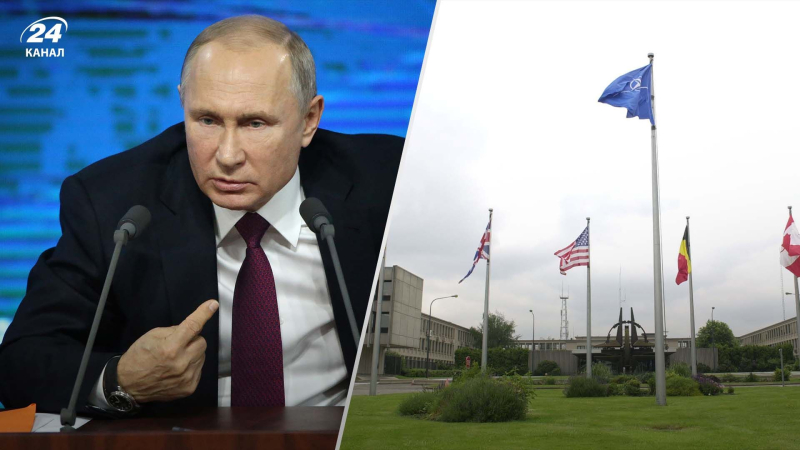The Prime Minister of Estonia said that Putin is “afraid” of war with NATO/Channel 24 Collage, Getty Images Estonian Prime Minister Kaja Kallas claims that Russian President Vladimir Putin is afraid of war with NATO, but is trying to intimidate the West. In this way, he seeks to restrain their actions. This statement was made by Estonian Prime Minister Kaja Kallas in an interview with the BBC. According to her, although Putin is good at “sowing fear,” his threats should also be taken seriously. He has been threatening nuclear war for a long time time. But these are just words. He is very good at creating fear in our societies. He listens to what we are afraid of, and if we are afraid of nuclear war, then he increases those fears. After this, our public wants to restrain its actions,” Kallas said. In her opinion, this is a kind of self-restraint trap, because “if we are afraid, then we begin to restrain ourselves , and this is exactly what Putin wants.” “We also need to think about what Putin is afraid of. But he is actually afraid of a war with NATO. wants this. Of course, we don’t want this either,” Kallas summed up. 
What the Estonian Prime Minister spoke about
Germany received information about the preparation of a Russian attack on NATO : what is known about this
Putin is afraid of war with NATO countries – Estonian Prime Minister
51

